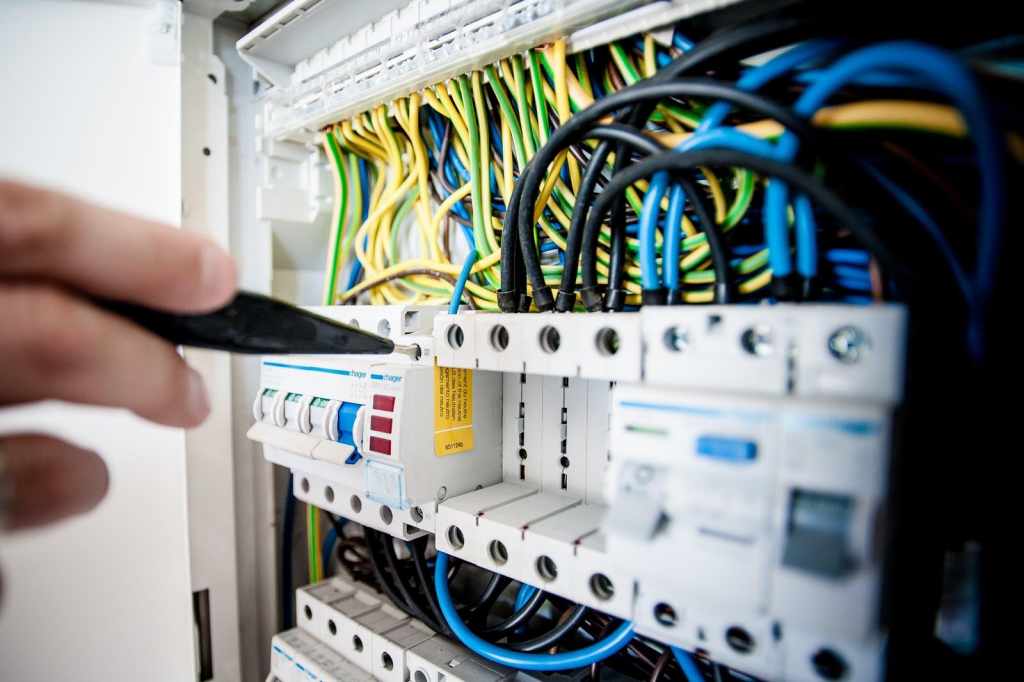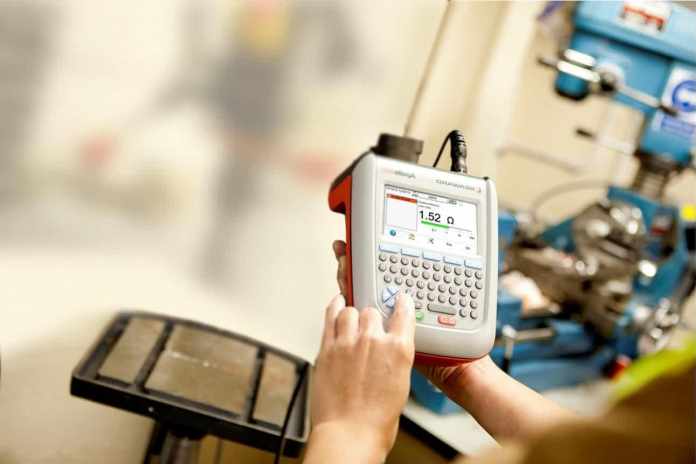One of the critical parts of using electrical equipment is the need to keep them in the best condition. And you are sure that there is not a single equipment that is above faults. To avoid unexpected breakdown of your equipment and delay in company operations, you want to be on top of your safety and compliance. You can do this by employing test and tag services to carry out a routine assessment of your working devices.
The seamless process of detecting faults before they escalate into a significant problem could save a lot of company and personal expenses. Aside from industrial applications, you can also find test & tag to be suitable for home equipments. While you can find many services that provide safety and compliance for NZ homes and businesses, you want to work with experienced technicians with the right qualifications.
Table of Contents
Test and Tag for Homes and Businesses in NZ
The high cost of repairs and services to industrial units and the liability that comes from a lawsuit could jeopardize your business. The downside to not paying attention to safety compliance with electrical appliances in the home is an unexpected repair bill.
Test and tagging in NZ is a strict legislative policy that is required for all workplace equipment. You will need to work with a certified electrician to put the issue to rest. Not just in Australia and New Zealand, in many parts of the world, electrical-related accidents are responsible for many workplaces related mishaps. And it is the responsibility of every employer to ensure they take this seriously.
Aside from just testing and tagging, other follow-up control measures are to be taken to ensure the workplace’s continuous safety. This would include coming up with a technical approach to controlling and managing the risk in the event of an accident.
Not just preventive measures are to be debated; you also want to be ready for the worse. Having emergency safety equipment and complying with workplace safety procedures could help bail you out. The link here Maintain-Workplace-Safety has more on keeping it safe in the workplace.
Why you Need Test and Tag?
On the flip side, you could install a fire and smoke detector, cameras, extinguishers, and water sprinklers on your roof. And this could be an excellent preventive measure against a fire outbreak. How about preventing the fire in the first place? While a boiler accident or a gas explosion are some of the common causes of industrial fire, you will also find electrocution and electrical related fire to be top on the list.
And the sole aim of test and tag in NZ is to reduce the occurrences of loss of lives and property as a result of workplace accidents. To be sure you aren’t leaving any stone unturned in the process, you want to hire a professional outfit or an experienced individual.
Test and Tag in NZ

The routine would involve the inspection of the individual components that makes up the entire complex. All sections of the building that relies on heavy power utilization would surely need to be certified okay. And it is the duty of the inspection team to fashion out a plan on getting the job done. For starters, you will inspect cables that serve connecting devices. These are where the likely electrical sparks emanate from. You want to do this with all devices irrespective of their origin. This includes.
- New devices without any run time
- Second-hand devices you are using for the first time.
- Devices that you use already
- Equipment you want to rent out
- Newly repaired or serviced equipment
With proper inspection and device analysis, there is a good chance you can get your machines to last longer.
How Often Should your Company Test and Tag?
While there is no specified timeline for carrying our electrical inspection as speculated by the government, it is the responsibility of the employer to come up with a timetable for doing so. The gap between each inspection would likely depend on the frequency with which you use the equipment.
Devices that run for days for each work cycle would need to be inspected regularly, than those you use often. Heavy equipment like those used for construction and demolition would need to be inspected every three months for any faults. Factory, maintenance, and other workshop equipment can hold out for up to six months before the next check.
For residential settings, including personal homes and commercial rental real estate can be scheduled for a test and tag inspection every year. You could space it to a two-year interval if you are looking to cut down on your real estate’s maintenance expenses. But you want to ensure that you have all the hazard preventive measures for homes in place. You can check here for more on that.
Many of the professional outfits in NZ send out notifications to draw your attention to your company’s test and tag obligations. You will have to sign up for such services, for starters, so make sure you work with an outfit that has this to offer.
An outfit that stays on top of the latest in the industry will be an ideal fit to partner with if you want to put an end to hiring one every six months. This would save you the logistics and effort in recruiting a new electrical team to do the job.
The Cost of Test and Tag Services
On the flip side, you won’t be spending much if you choose to hire an electrician as opposed to a test and tag company. But there are many reasons why you want to go for the latter. There are continuous changes in the industry compliance ratings, and you wouldn’t have to worry much when working with a registered business. Issues like insurance and unprofessionalism wouldn’t be something to bother about if you are working with the experts.
Final Note
Keeping the workplace routine running smoothly would require the commitments of the administrative heads. And while it is the employer’s job to handle equipment safely, it is the employer’s job to ensure that the environment is safe.



















